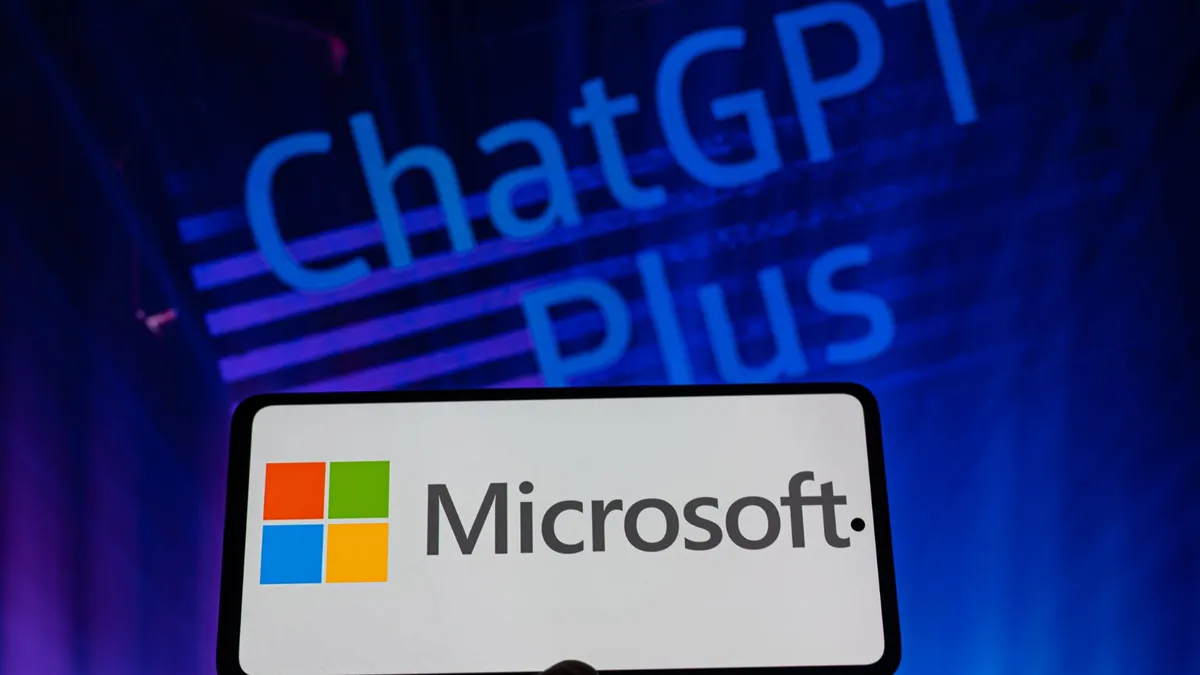Social networking platform, Facebook has announced it will restore news content to its users in Australia.
The tech giant had blocked news to Australians on its platform last Thursday amid a dispute over a proposed law which would force it and Google to pay news publishers for content.
Australian Treasurer Josh Frydenberg said Facebook CEO Mark Zuckerberg had told him the ban would “end in the coming days”, after the pair had talks. Frydenberg assured that amendments would be made to the law.
The government has been debating the law, seen as a possible test case for regulation globally in the Senate, after it was passed in the lower house last week.
Last Thursday, Australians woke up to find they could not access or share any news stories on their accounts. Facebook argued it had been forced to block Australian news in response to the proposed legislation.
The government’s news code aims to set up a “fairer” negotiation process between the tech giants and news companies over the value of news content.
But it has been strongly opposed by Facebook and Google. Both tech giants have argued the code misunderstands how the internet works. Facebook has also said it gets little commercial gain from news content.
However, the Australian government says the code is needed to ensure a level playing field for news publishers, which have seen profits slump in the internet age.
In a new twist on Tuesday, Facebook said it had been reassured by recent discussions with the government.
“Going forward, the government has clarified we will retain the ability to decide if news appears on Facebook so that we won’t automatically be subject to forced negotiation. We have come to an agreement that will allow us to support the publishers we choose to, including small and local publishers.” said Campbell Brown, Vice President of global news partnerships at Facebook.
Facebook already has its own showcase product – Facebook News Tab, through which it pays media organizations a fee to display their stories on its platform. This feature however, is only available in the UK and US.
Google had also threatened to withdraw its primary search engine from Australia, but the company has recently agreed deals with local media companies including Nine Entertainment, Seven West Media and Rupert Murdoch’s News Corporation.
Facebook’s move to ban Australian news was a big risk last week. It made global headlines – not least because it also initially restricted some government health-departments and emergency services pages.
The government and Facebook have reached a compromise of sorts. Based on the mutual agreement, Australian authorities will introduce four further amendments, including one that means the government may not apply the code to Facebook if it can demonstrate a significant contribution to local journalism.
They include a two-month mediation period before government-enforced arbitration kicks in – giving parties more time to reach a private deal.
Australia’s largest locally-owned company Nine Entertainment said it was “pleased” the government had found a compromise and was looking forward to resuming talks about a commercial arrangement.
Earlier in January, MARKETING EDGE reported that The Australian Competition and Consumer Commission (ACCC) mooted the idea of letting internet users choose what personal data companies like Facebook and Google share with advertisers, as part of the country’s attempts to shatter the dominance of tech titans.
The Australian regulator also proposed limiting the internet giants’ ability to access users’ online histories to cross-sell products.
It would also be recalled that in December, 2020, MARKETING EDGE reported that the U.S Federal Trade Commission and 48 Attorneys General filed dual antitrust suits designed to undo the merger of Facebook and Instagram as well as Facebook’s takeover of WhatsApp.
The latest action appears to be a compromise in the global battle against tech giants on issues bordering on privacy concerns and Anti-trust across many markets.






Comment
No comments found.